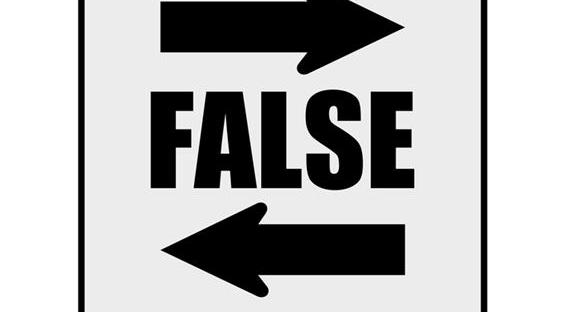We all make decisions based on what we think are the Facts. But sometimes what we think is a Fact is actually a Myth. In the real estate market it’s especially important to know the difference between accurate information and misconceptions because the success of your real estate transaction, whether it’s a first time home purchase or multiple investments, depends upon it.
Indeed, you have a right and an obligation to know exactly what to expect from your real estate professionals. That’s the only way you can make the right decisions for your particular real estate situation.
To assist you, here are four of the most common Myths people come across and the Facts that will help them set the record straight:
1. Myth: It doesn’t matter whom I hire to represent my purchase, as all agents write similar offers anyway.
FACT: Research shows that 85% of agents do one deal or less per year. Many agents have little experience, and don’t want to prepare numerous offers that take a lot of time and get rejected. They are not concerned that their choice may cost the buyer thousands of dollars more on the purchase because they have ineffectively negotiated or not paid attention to contract details.
CJ Holmes & Company knows that you deserve a seasoned Investor-Broker who, with expertise, will guide your purchase to get you the best deal others just ignore. The best time to “lock in profits” is at the purchase. Since you only get one chance to “Buy the Property Right”, it makes excellent sense to hire representation that focuses on building your wealth.
2. Myth: I will see all the available property for sale no matter which agent I use because it’s all listed on the MLS (Multiple Listing Service).
FACT: Are you sure? Which MLS? In California alone, there are 83 MLSs. Most agents belong to only one, and that can possibly limit what you see. Sometimes agents focus just on their company listings which is often to the Buyer’s detriment. Many commercial brokerages completely ignore the MLS’s. That means that unless your agent knows how to find these properties for you, you won’t see them.
CJ Homes & Company provides Buyers with access to ALL the properties for sale, no matter what type property you’re seeking, or which brokerage has listed it. We give our buyers sophisticated shopping tools right at their fingertips, and expert guidance from our years of experience representing hundreds of buyers.
3. Myth: I will get the best service and deal if I use the listing agent for my purchase.
FACT: Most listing agents will say what you want to hear, just to get your offer. They will be focused on a quick, easy sale to get the entire commission, and likely not be inclined to negotiate as hard for your side as for the side that has already hired them.
By the way, it is not good business, under the guise of “not working with an agent”, to get the listing agent to show you the property, answer all your questions, and then use someone else to write the offer. Don’t do it. That can boomerang.
CJ Holmes & Company uses professional investing techniques designed just for clients. From developing a solid plan of action, to working that plan with multiple offers for multiple properties, our clients are assured of getting the best the market has to offer. This is true whether your purchase is for your first home, or your next investment property.
4. Myth: My agent will be there for me whenever I need him or her.
FACT: …except when he or she is out of cell phone range, on vacation, ill, has a family issue, takes another job to make ends meet, or quits…..
CJ Holmes & Company gives you prompt answers and reliable support when needed. We have designed our services to incorporate the expertise of salaried professionals so our clients are not dependent upon just one commission-based person for everything they need.
We understand the value of doing good business and you have the right to receive the best representation possible. But unless you know the difference between fact and fiction you may not be able to determine whether or not your real estate professional is working in your best interest or theirs.
Ask questions and expect answers that make sense. Place your needs and goals as the top priority. If this is the only real estate transaction you will experience in your lifetime, you will still want it to count. And if this is one of many real estate transactions, you will still want them all to be successful.
When you’ve considered the rest, hire the best.
CJ Holmes, owner/broker, has been investing in real property since 1977. Starting with a fixer home, she and her husband have built a portfolio of income-producing property. Licensed in 1998 to facilitate the constant search for investment property, CJ began Agent Representation for Buyers and Sellers in 2003. In March 2005, she earned her Broker’s License and now brings her real estate investment expertise, experience, and energy to every client.
CJ helps buyers lock in profits, maximizes sellers’ net proceeds, and works extensively with real estate investors. Her wise guidance literally means more money for her clients, and comes from years of personal investing experience, and hundreds of transactions. This last market collapse has driven her to develop mathematical models designed to predict the future of real estate prices.









